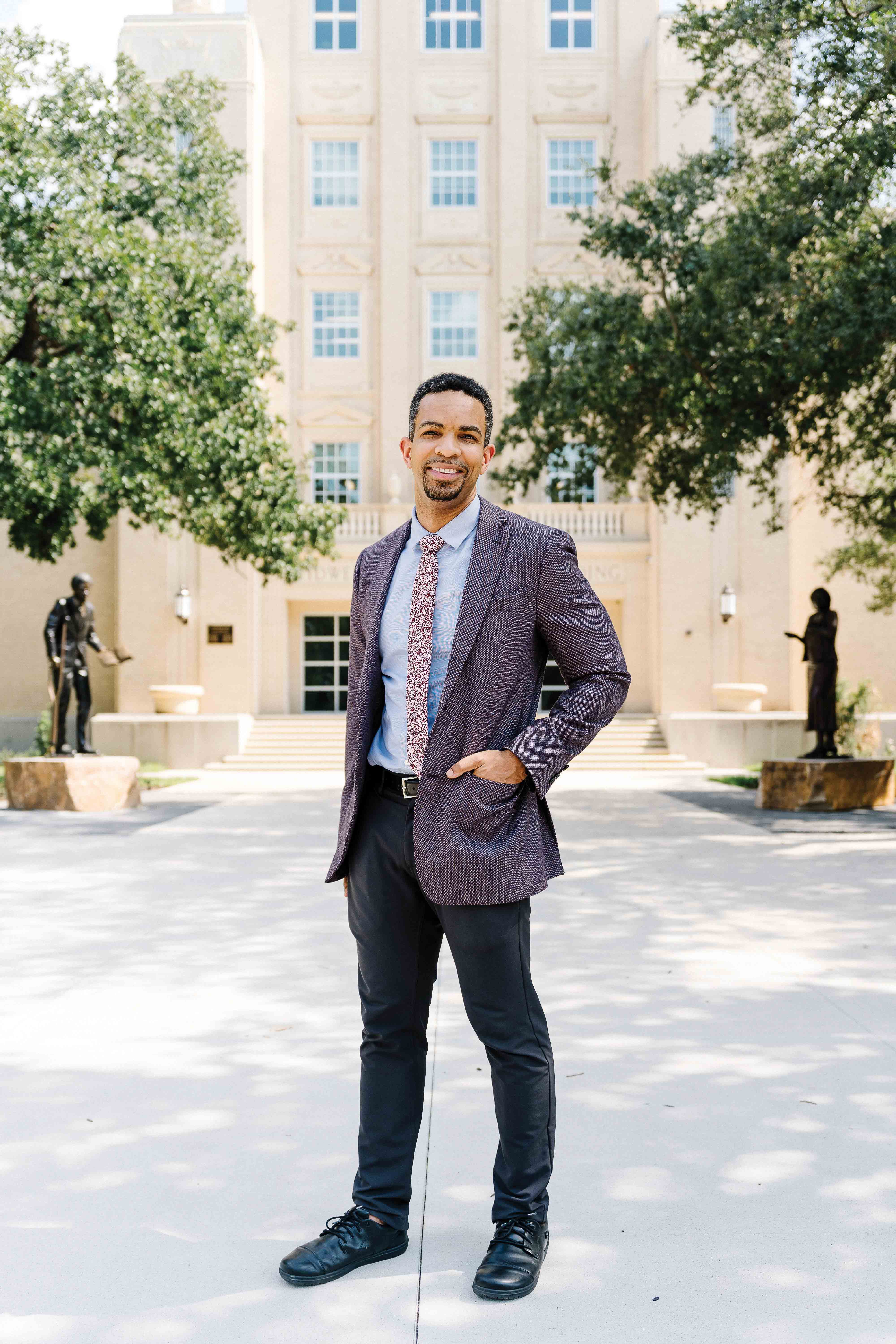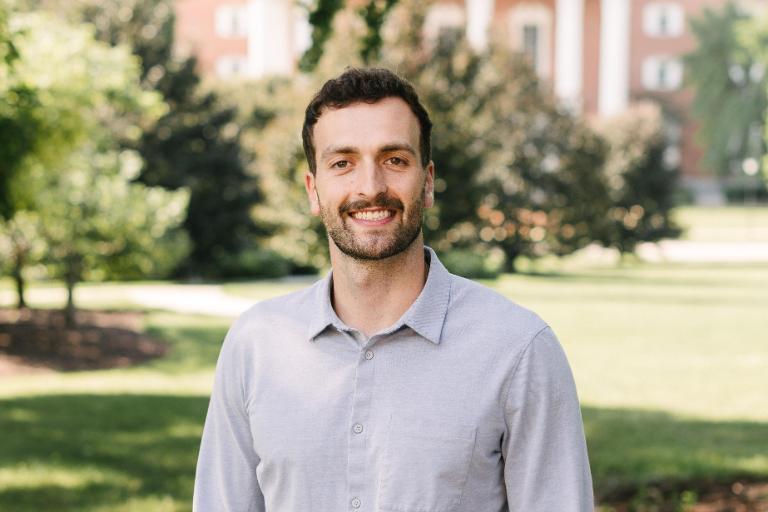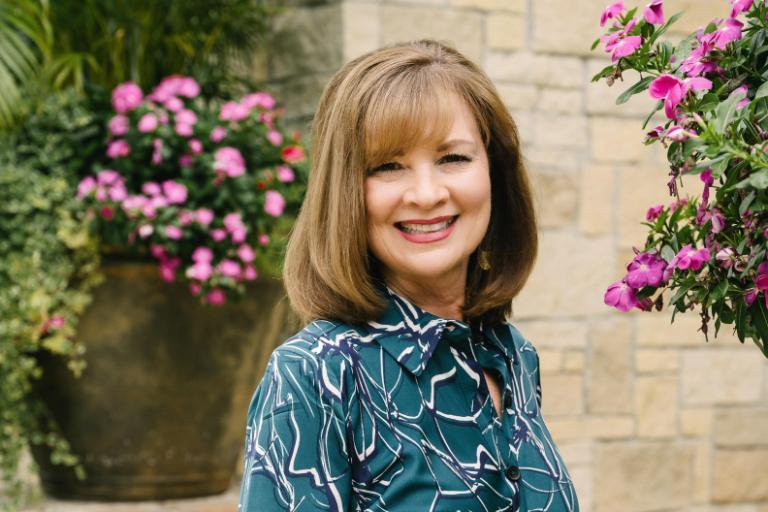Dr. Daniel L. Hill Ph.D. ’19
Words: Carolyn Waldee ’18
Photos: Philip Adcock

Dr. Daniel L. Hill Ph.D. ’19 never dreamed of growing up to be a professor, much less one of theology. Although his parents—both ordained children’s ministers—raised him and his seven siblings in the church, Hill did not even consider himself a Christian when he left the Midwest to study English and pre-law at Hampton University.
But by the start of his junior year, Hill remembers, “I was coming to the end of myself and realizing the futility of the things I was pursuing.” He had recently suffered the loss of several family members and was struggling for answers. Christian friends surrounded him with the truth of the gospel and invitations to church, and at a pivotal moment, a professor and mentor turned to even more direct methods.
“He handed me his Bible, told me to read through Ecclesiastes, and then to get out of his office,” Hill recalled. “And I did.” By the summer before his senior year, Hill had given his life to Christ.
Hill was named the 2022 Emerging Public Intellectual, an award sponsored by Redeemer University, Cardus, the Acton Institute, the Centre for Public Justice, the Henry Institute, the Council for Christian Colleges and Universities, and The Richard John Mouw Institute. Hill’s forthcoming book, Gospel Freedom, examines the work of three African American abolitionists from the 19th century as a foundation for evangelical participation in public life. In his journey from new believer to member of the theological academy, Hill cites Wheaton as a major piece of the puzzle.
“I’m really thankful for Wheaton and the space it occupies,” he said. “The skills that you learn in Wheaton’s Ph.D. program, you will not learn anywhere else: how to read the Bible in conjunction with theology. When I find a theologian who knows how to read the Bible, every time it’s surprising because of how rare it is.”
Hill himself endeavors to be one of these theologians. In describing his main research focus—theological anthropology, or the study of the human creature as it relates to God—Hill can’t help but quote the Bible.
“When we’re studying theological anthropology, the doctrine of humanity, we say, ‘What is man, that thou art mindful of him? Or the son of man, that you consider him?’” Hill said, paraphrasing Psalm 8. He continued with another example, this time citing Psalm 90. “You’re studying the theology of death? The response should be, ‘Teach us, O Lord, to number our days, that we might get a heart of wisdom.’”
This idea of theology as inspiring a personal and reverent relationship with God is one that Hill is clearly passionate about. He described it as one of his hobbyhorses. As he begins his second year of teaching at Truett Theological Seminary, it’s also a key message he wants to pass on to his students. “I want them to see that theology is ultimately an act of worship that we’re offering up to God,” Hill said. “It’s not just about learning a bunch of rote, formulaic words to say. It also ought to be welling within us the spirit of the Psalms.”




